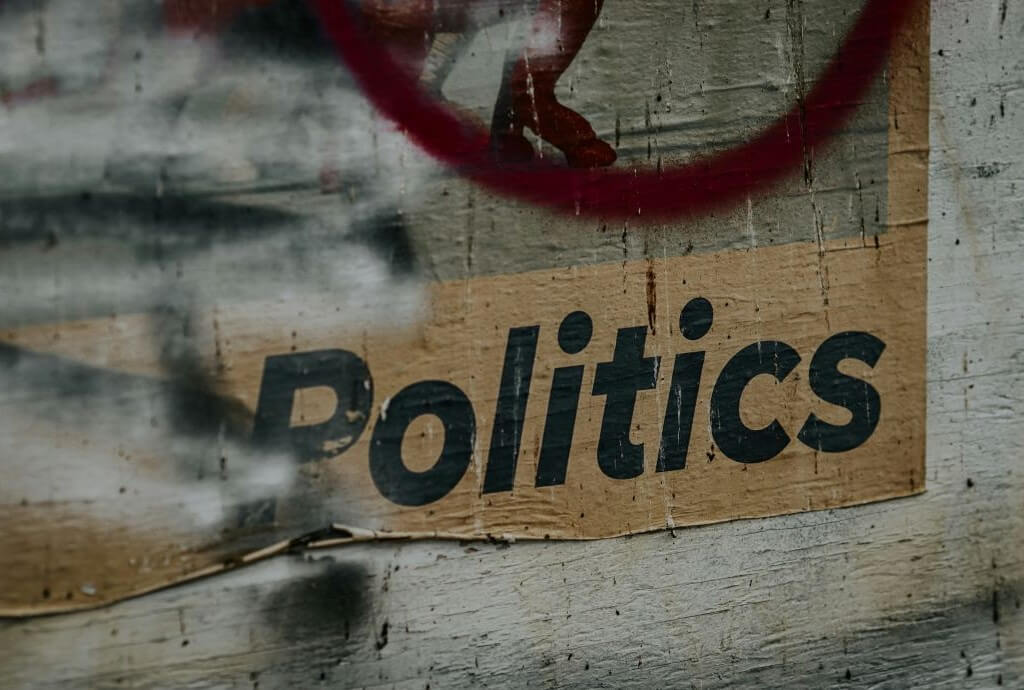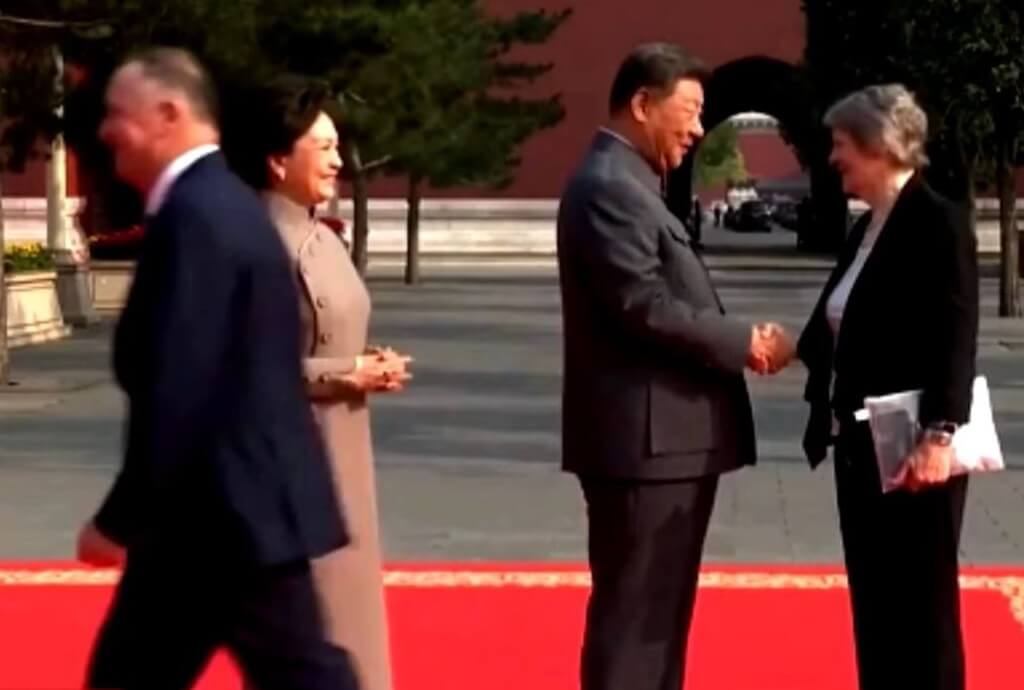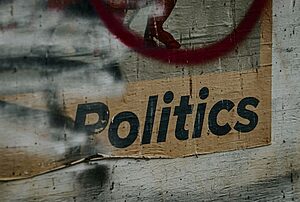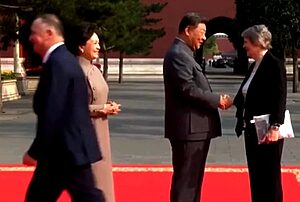In brief
- Richard Prebble’s appointment to the Waitangi Tribunal has brought claims of political imbalance, but many think that’s already the case.
- Labour MP Willie Jackson calls it a “kick in the guts,” citing Prebble’s ACT Party links.
- Critics argue the unelected Tribunal favours progressive interpretations, exceeding its original mandate.
- Prebble’s role may address calls for balance amid ongoing criticism of the Tribunal’s perceived left-leaning stance.
Clash over political bias on Waitangi Tribunal
Is attacking Richard Prebble’s appointment to the Waitangi Tribunal—like Labour MP Willie Jackson calling it a “kick in the guts” for Māori—actually about preserving the favourable political environment that the former Labour government had orchestrated for Māori activists?
Jackson’s concern, echoed by others, stems from Prebble’s ACT Party ties and his alignment with policies that challenge contemporary interpretations of the Treaty of Waitangi.
While Prebble’s appointment may be seen as politically slanted, what about the other Tribunal members who have long been perceived as biased in the opposite direction?
The unelected Waitangi Tribunal is not politically neutral
The Tribunal does not shy away from political advocacy, notably taking stances against the ACT Party. They recently released a report critical of ACT’s proposed Treaty Principles Bill before it had even been penned. The unelected Tribunal members “summoned” ACT MP Karen Chhour to explain her efforts to repeal section 7AA of the Oranga Tamariki Act. The body also favours progressive interpretations like tino rangatiratanga and taonga and endorses partisan views of the so-called “Treaty Principles”.
Notably, opponents campaigning against Australia’s The Voice to Parliament cited the Waitangi Tribunal as something that was to be avoided because it put race as a factor in government decision making.
Prebble’s appointment could help balance a seemingly partisan body
ACT leader David Seymour stated that Prebble’s experience and knowledge of both law and Māori issues make him a suitable choice. He added, “Richard has an extensive knowledge of te ao Māori… exactly the sort of person who should be on the tribunal.”
Jackson told RNZ that appointing Prebble was “like making Don Brash the new chair of the Tribunal,” and questioned whether the appointment was simply “virtue signalling from this government to ACT supporters.”
Yet, could not the same be said about the Tribunal’s conduct towards Chhour or their advocacy against the yet-to-be-released Treaty Principles Bill?
ACT’s David Seymour pointed out: “When Willie was in government, numerous former Labour MPs were appointed to all manner of boards… If he didn’t have an issue then, there’s no reason he should have an issue now.”
A Tribunal in need of balance?
Dr Michael Bassett, himself a former Waitangi Tribunal member, praised the move and said on The Platform that the current 22 members of the Tribunal are a “depressing collection of has-beens.” They fancy themselves a “Supreme Court alternative on anything to do with Māori matters.” According to Bassett, this has brought the Tribunal to its “rock-bottom” in terms of the esteem the public has for it.
Minister of Māori Development Tama Potaka stated, “Waitangi Tribunal members bring with them a range of knowledge and skills,” and that balance is key to the Tribunal’s function.
The Waitangi Tribunal was not intended to operate to the benefit of only one side of the political spectrum. Many, like NZ First’s Shane Jones who said the Tribunal is “interfering with democracy,” argue that it has evolved beyond its original mandate of seeking redress of Treaty breaches by the Crown against Māori.
Perhaps having an appointment like Prebble is a way to placate critics that would abolish the Tribunal altogether.



















